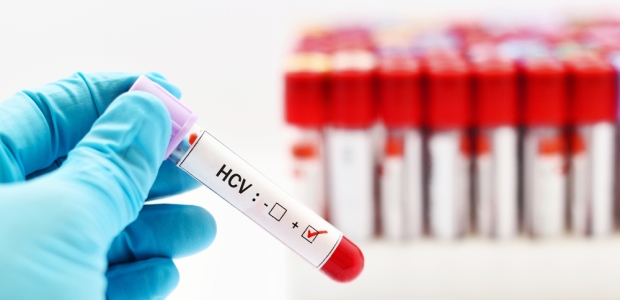
WHO Approves HCV Rapid Diagnostic Test
WHO acceptance of the test comes at a time when direct acting antivirals, new and highly effective medicines for HCV, are becoming increasingly affordable and available in low- and middle-income countries.
The World Health Organization has prequalified its first hepatitis C rapid diagnostic test and says this action opens the door to expanded treatment of the disease in low- and middle-income countries. "The fact that we now have very effective new medicines for HCV needs to be bolstered by effective and affordable diagnostics," said Dr. Suzanne Hill, WHO's director for Essential Medicines and Health Products. "This new quality-assured test is good news for the many people awaiting diagnosis and treatment."
The newly prequalified test, SD BIOLINE HCV by Standard Diagnostics, Inc. (South Korea), is a point-of-care diagnostic, making it particularly appropriate for low-resourced countries where testing laboratories and trained personnel may be scarce. Resembling a pharmacy pregnancy test, it does not require hospital facilities or electricity and can be performed by health workers with limited training, and the test provides a result within 20 minutes.
WHO acceptance of the test comes at a time when direct acting antivirals, new and highly effective medicines for HCV, are becoming increasingly affordable and available in low- and middle-income countries.
"The majority of people with chronic hepatitis C don't know they have the infection and miss the opportunity to be cured," said Dr. Gottfried Hirnschall, WHO's director for the Department of HIV and Global Hepatitis Programme. "Making the first WHO prequalified test available in countries can greatly contribute to achieving the goal of eliminating hepatitis."
Only a few HCV rapid tests are on the market "and they are either not quality-assured or too expensive for countries with limited resources. This means that patients may potentially be misdiagnosed – either as false positives or false negatives. The newly prequalified test is expected to be more affordable, as well as guaranteeing quality, safety and performance. Agencies that procure or purchase health products for low-resource countries, such as Médecins Sans Frontières and UNITAID, have been waiting for such a test in order to scale up diagnosis and treatment," WHO reported.
"One of the chief obstacles to effective testing and treatment of HCV has been a lack of suitable diagnostic tests, with the result that only a small minority of people infected with HCV are aware of their status," said UNITAID Executive Director Lelio Marmora. "We are therefore greatly encouraged by the news that a WHO-prequalified rapid diagnostic test for HCV can now be made available to those most in need."